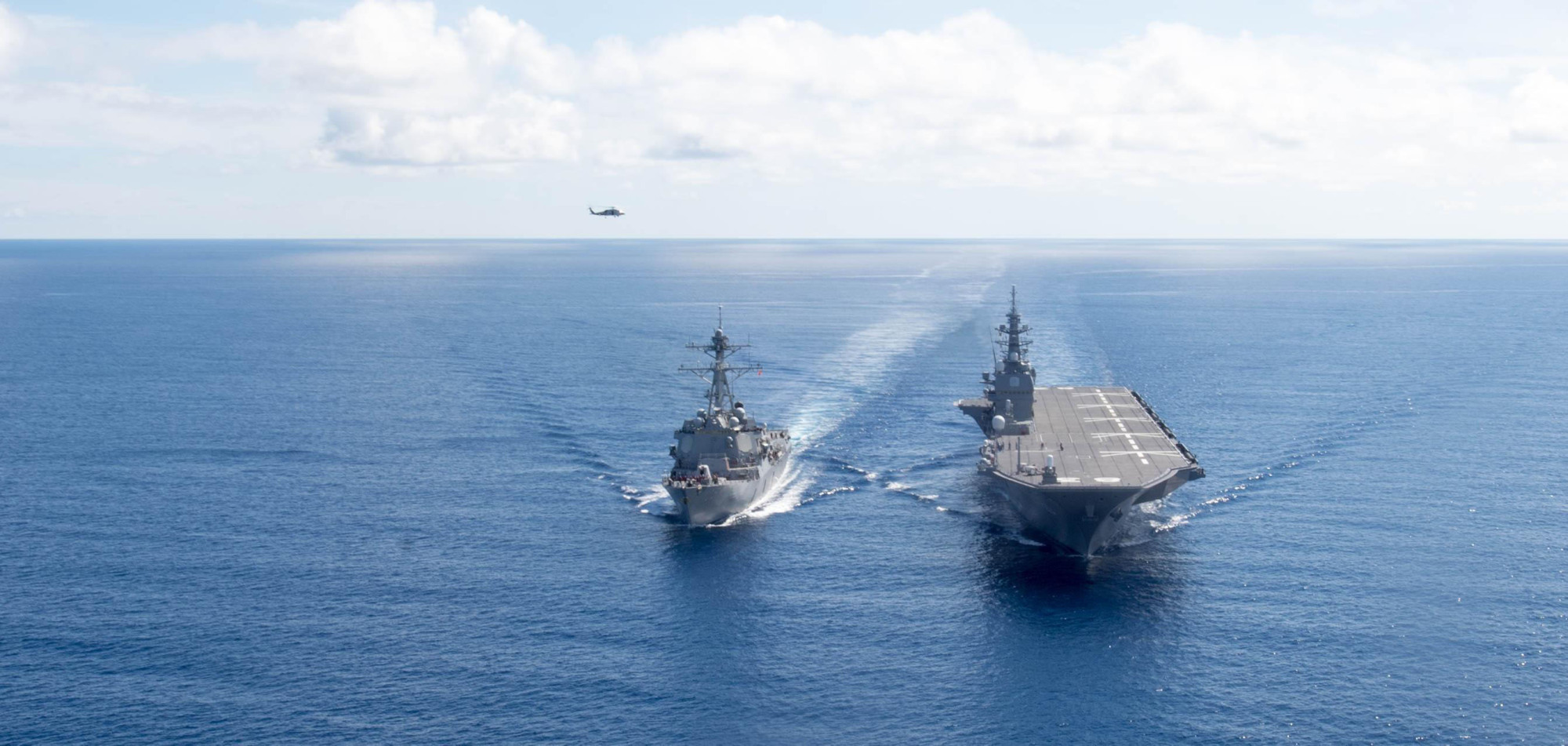The Trump administration has raised once again the decade-old geopolitical concept of the "Indo-Pacific region" and is proposing — and pushing — a "Quad" — a potential security arrangement among the four large democracies of India, Australia, Japan and the United States. Given the dominant maritime nature of the Indo-Pacific and that all prospective "members" are maritime powers, any security arrangement would likely be initially focused on cooperation in the maritime sphere.
The Quad concept is in part driven by developments in the South China Sea that has become a "symbol of China's inexorable rise." Because the South China Sea has become the focus of U.S.-China rivalry, if there is security cooperation by members of the Quad, it would likely include that sea.
Over the past 40 years, China has made a series of assertive moves in the South China Sea undeterred by protests from other claimants and stern warnings from the U.S. It has built military-capable facilities and increased its military assets on the features it occupies; it has thrown its weight around when other countries try to unilaterally exploit resources in some areas it claims; and it has rejected an international arbitration decision against its claims there and then carried on as if nothing has happened. More, it has used its increased influence in recent ASEAN meetings to suppress any critical statements against it.



















With your current subscription plan you can comment on stories. However, before writing your first comment, please create a display name in the Profile section of your subscriber account page.